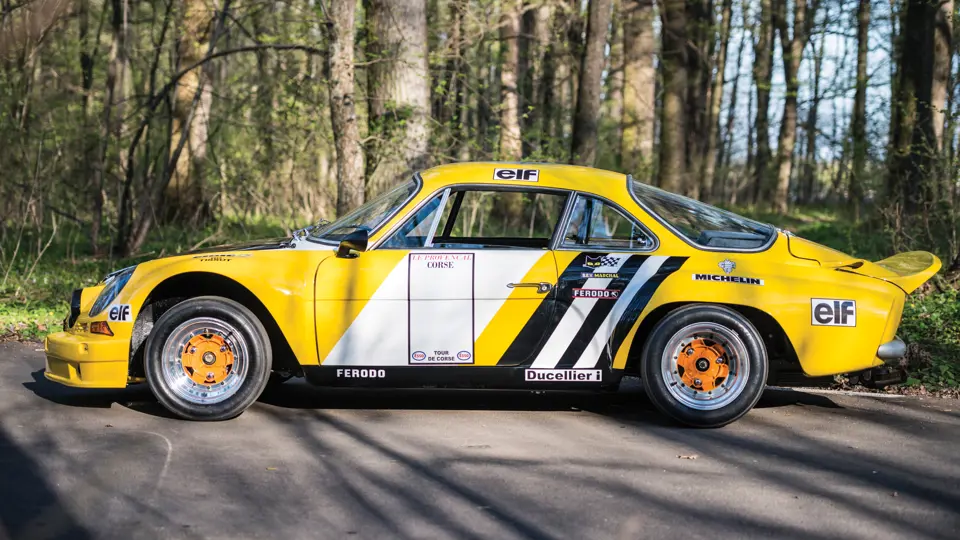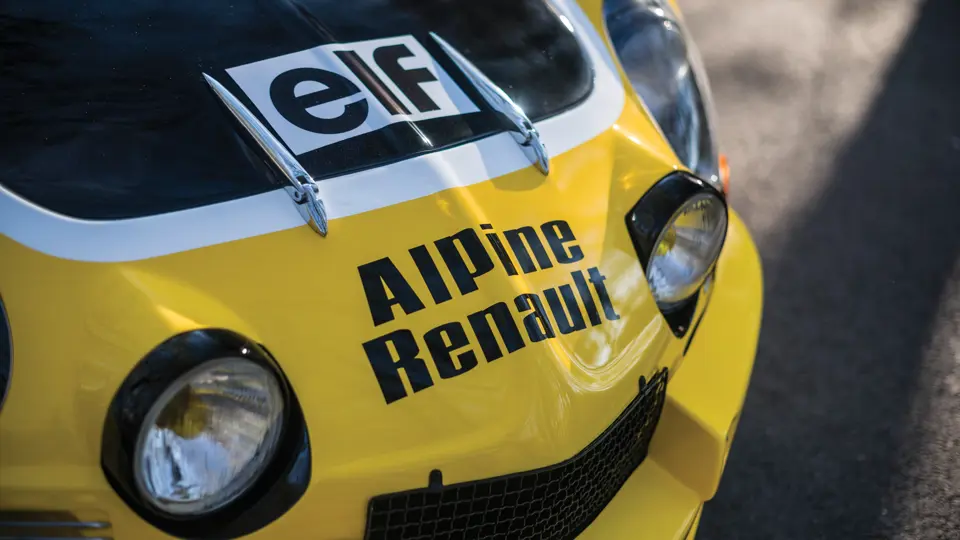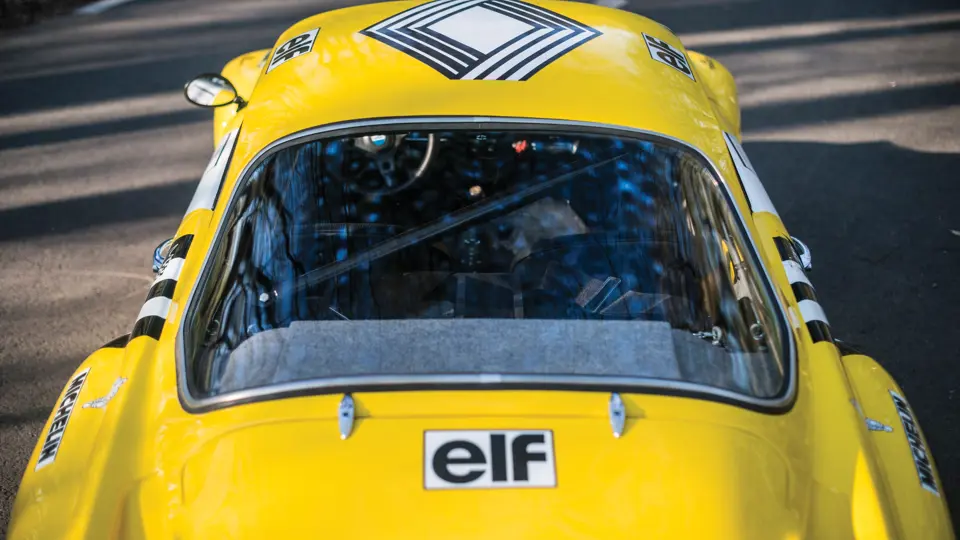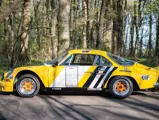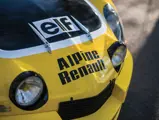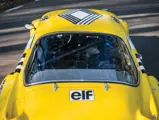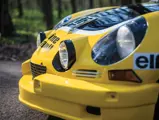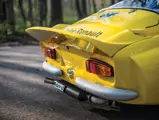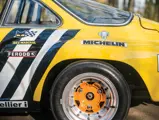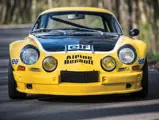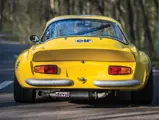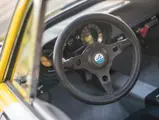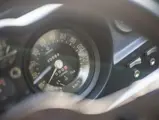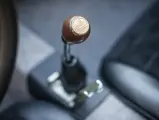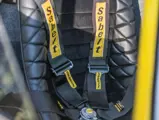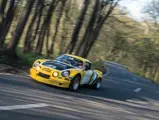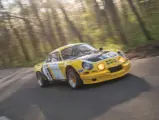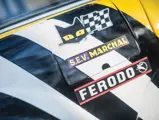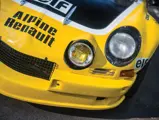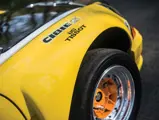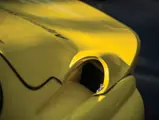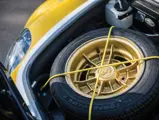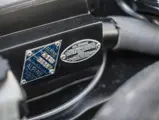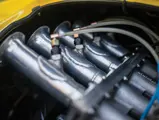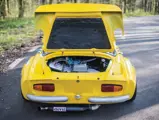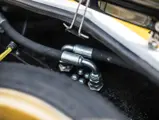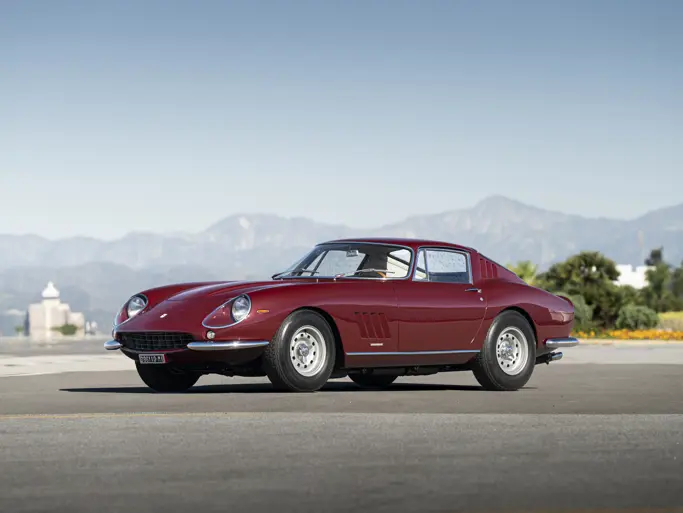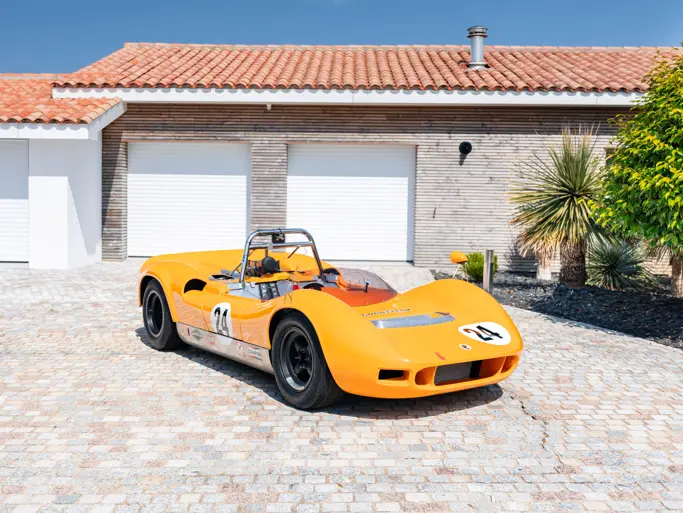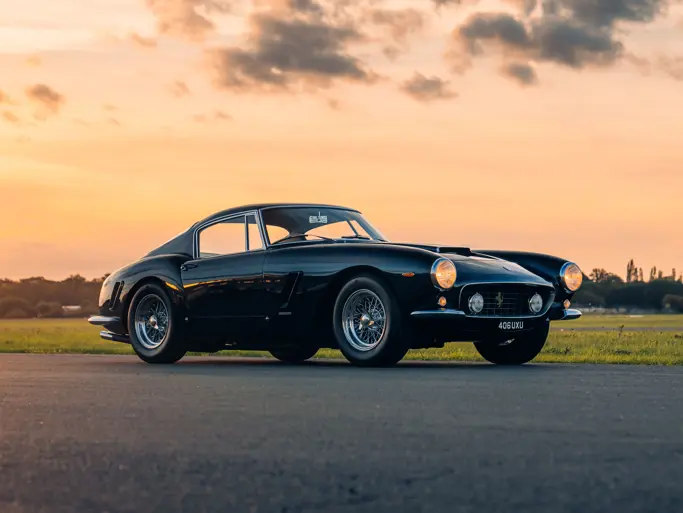Est. 160 bhp, 1,798 cc inline four-cylinder engine with Lucas guillotine mechanical fuel injection, five-speed manual transmission, front suspension with wishbones and coil springs, rear swing axle suspension, and four-wheel disc brakes. Wheelbase: 2,271 mm
Alpine was founded by Jean Rédélé in Northern France in the mid-1950s and became one of the most dominant racing and sports car manufacturers of the late 20th century. Perhaps the firm’s most famous model was the A110, a squat and shapely rear-engined two-door coupé that was based on the relatively humble R8 saloon.
The Alpine-Renault presented here, chassis 3336, was produced at the end of 1965 at the Alpine workshop in Dieppe, France. It was originally delivered as an 1100 VB, version 100, with a Gordini 1,100 cc engine. The car was originally finished in silver grey with body number 583 and featured a larger oil sump, Weber carburettors (as opposed to the standard Solex), and a gearbox ratio of 9:35.
Chassis number 3336 was sold on 14 December 1965 to an unknown commercial business in the small town of Orange, located just north of Avignon, and was first registered on 5 February 1966. The car next appeared on 3 March 1981 in Carcassonne, near Tolouse, where it was registered on license plates 8445 MK 11 to a Michel Lemaire. Sometime thereafter, the car travelled to the United States, where it was painted blue and upgraded with a Group 4-specification body with larger wings.
More recently, the Alpine-Renault was acquired by the consignor in July 2010 from the United States, at which point it required a thorough restoration and rebuild, which was immediately embarked upon in Europe. The five-speed manual gearbox was rebuilt along with the larger brakes and engine. The upgraded 1,798 cc powerplant also features the incredibly rare Lucas guillotine mechanical fuel injection. Notably, this system was only used on the Bernard Dudot-prepared engine for the Works cars. After his days with Alpine, Dudot went on to develop the Renault Turbo V-6 and naturally aspirated V-10 engines. The previous body was discarded and appeared as though the car had been used in competition; as such, it was replaced with a brand new body assembled by Auto Racing in France to the ultimate 1975-specification “Tour de Corse” livery with the lighter design, along with fitment of a centrally mounted 90-litre fuel tank. During the restoration, the decision was taken to replicate the livery of the car Jean-Pierre Nicolas drove at the 1975 Tour de Corse. An extensive photo file of the restoration accompanies the car.
Following its comprehensive restoration, this spritely Alpine-Renault would certainly revel in carving up country roads throughout Europe, much as it was intended to.
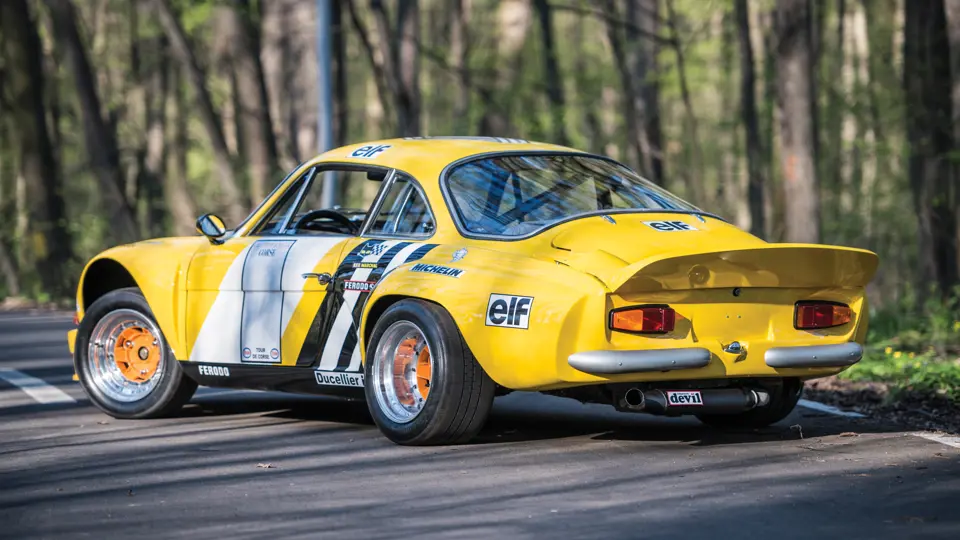
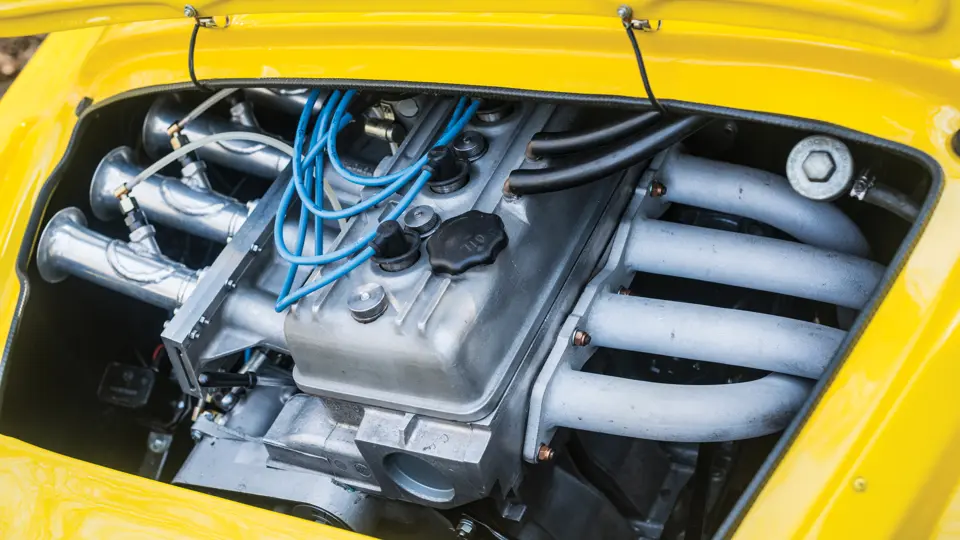
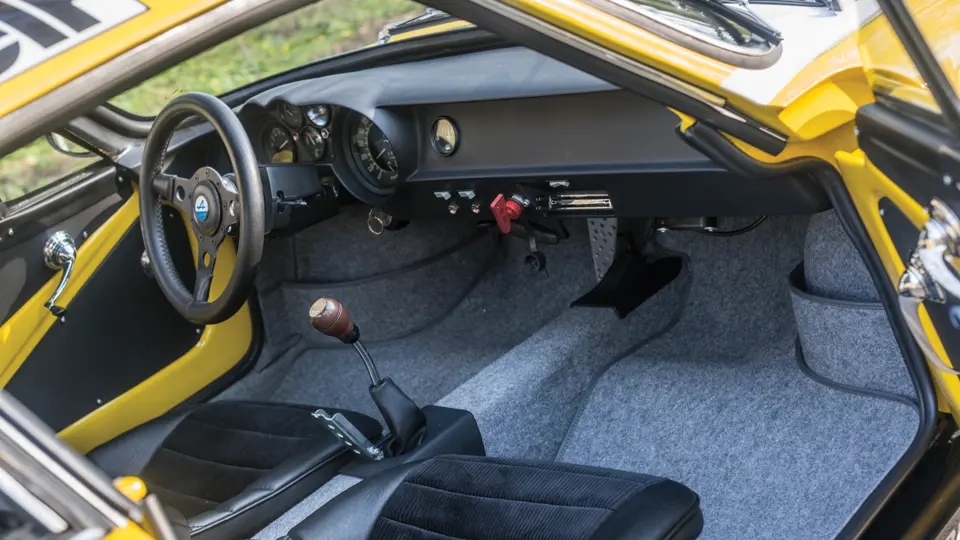

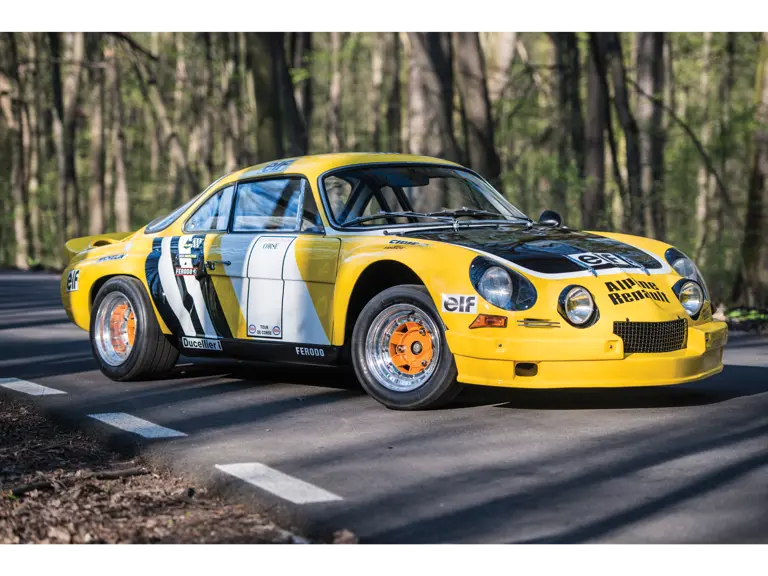
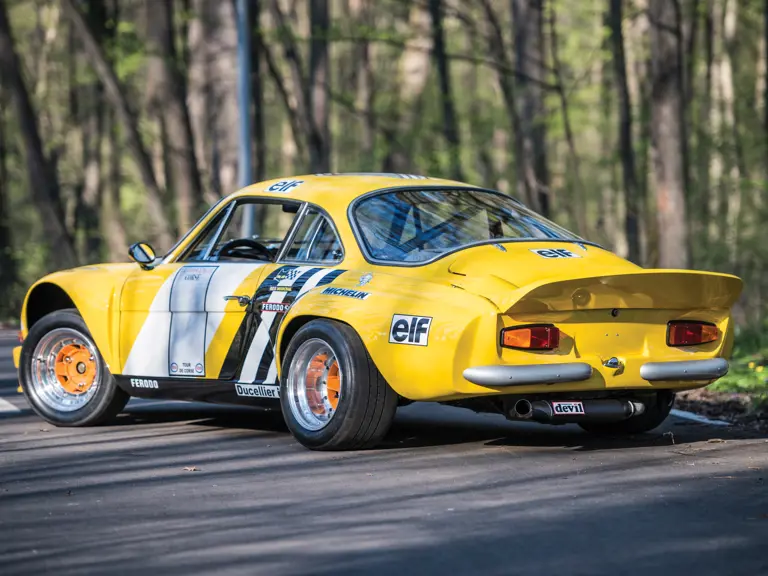
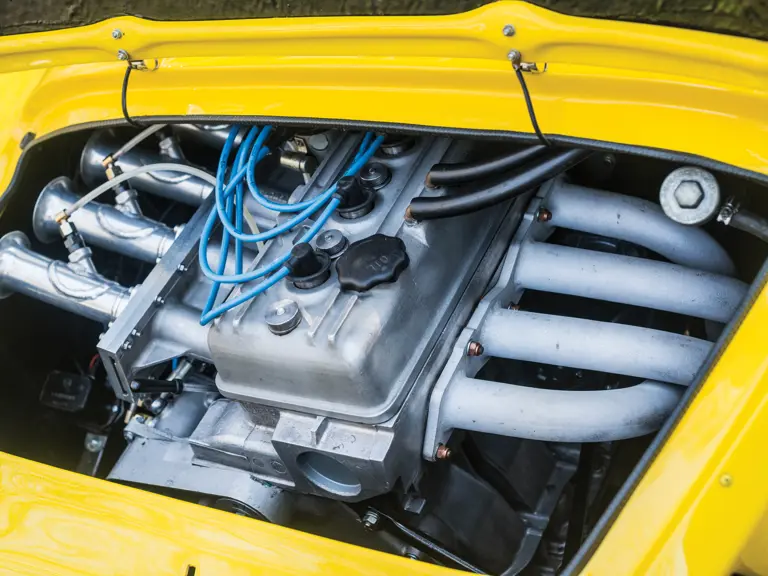
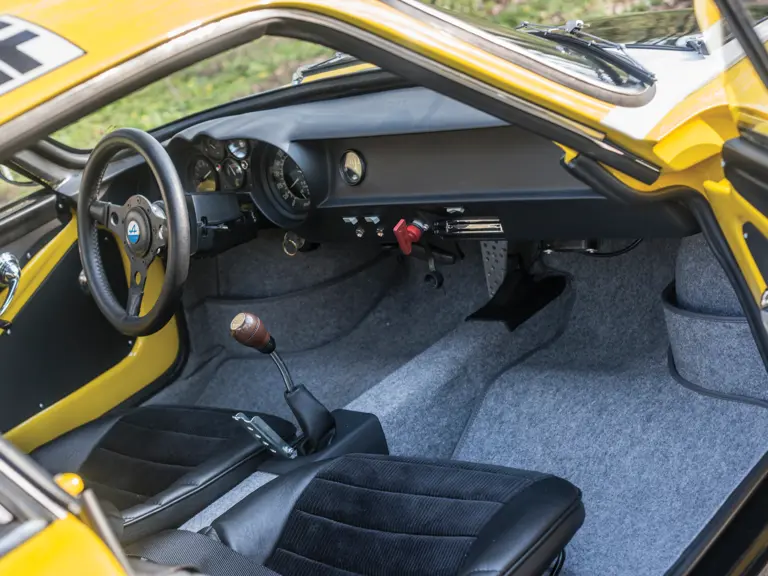
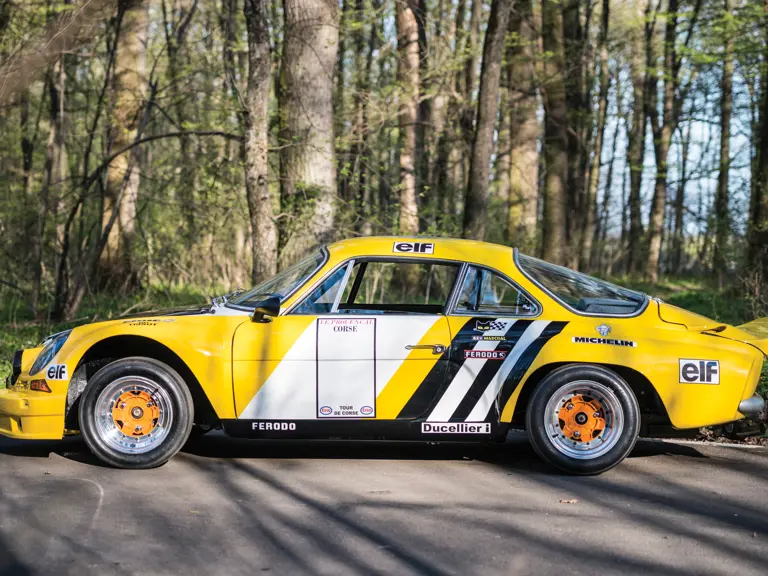
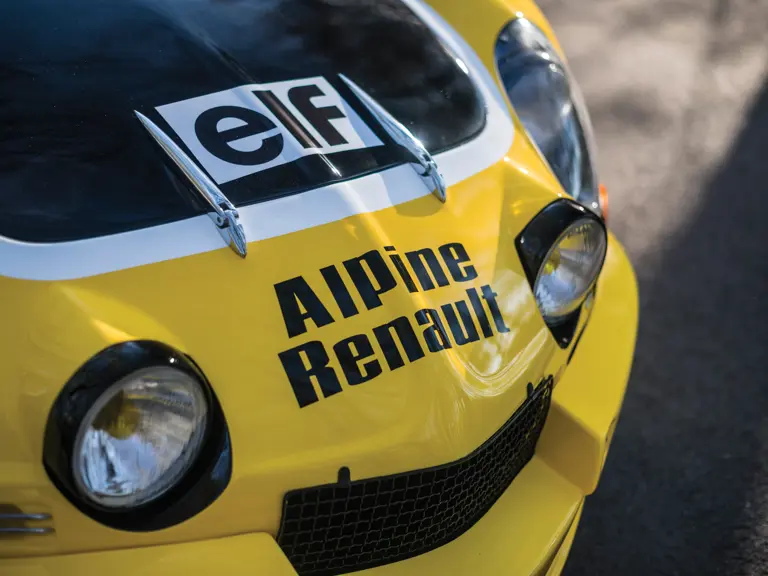
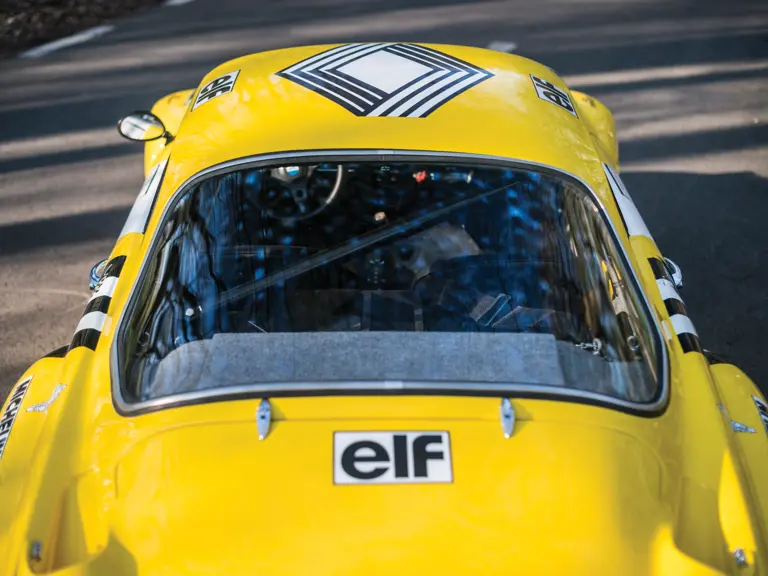
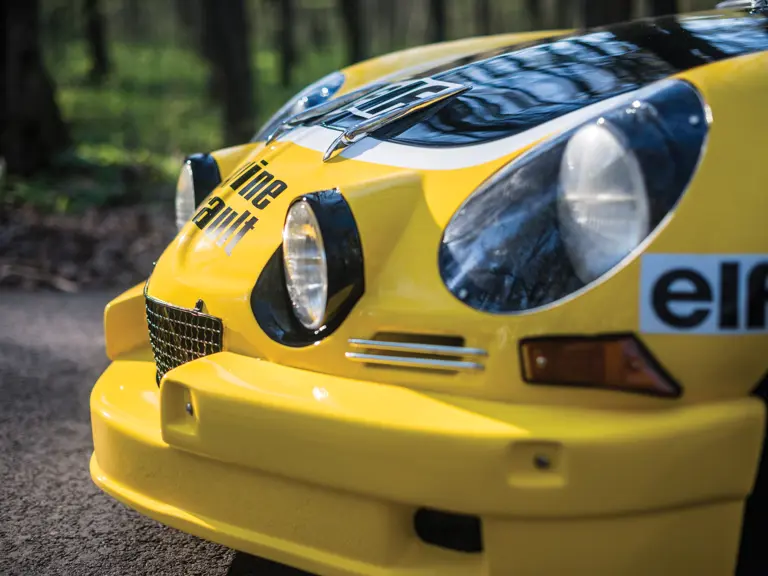
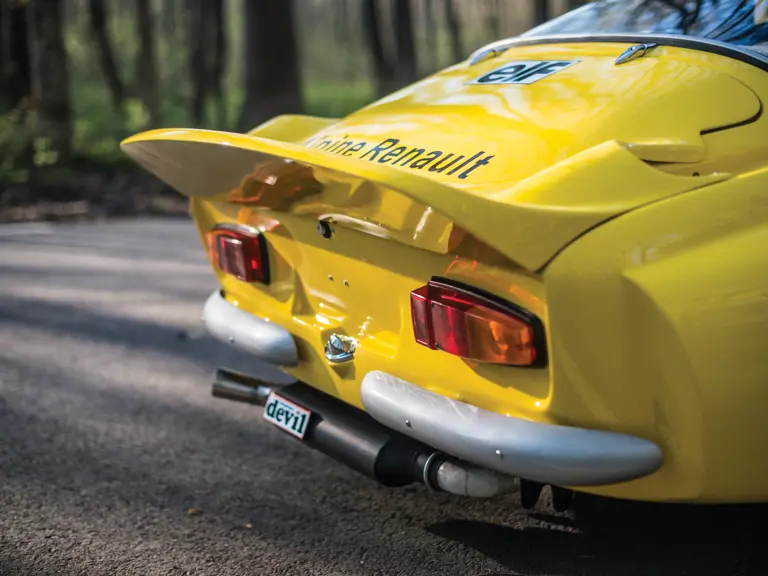
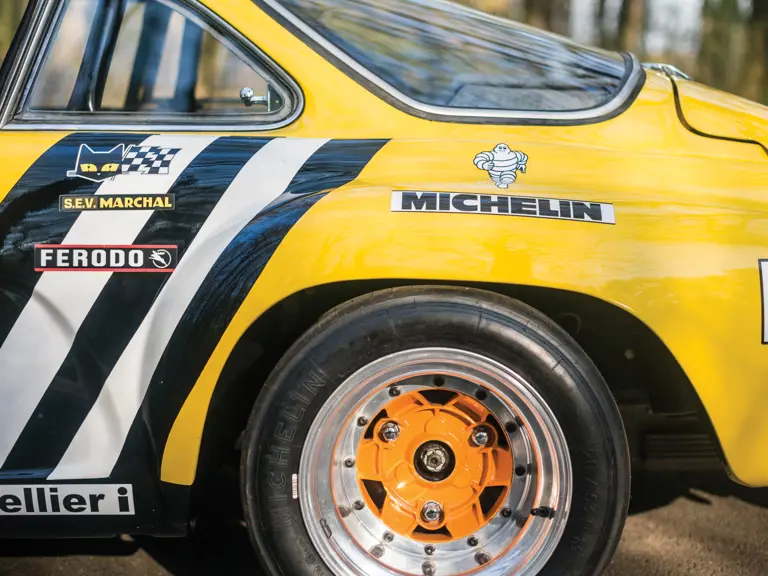

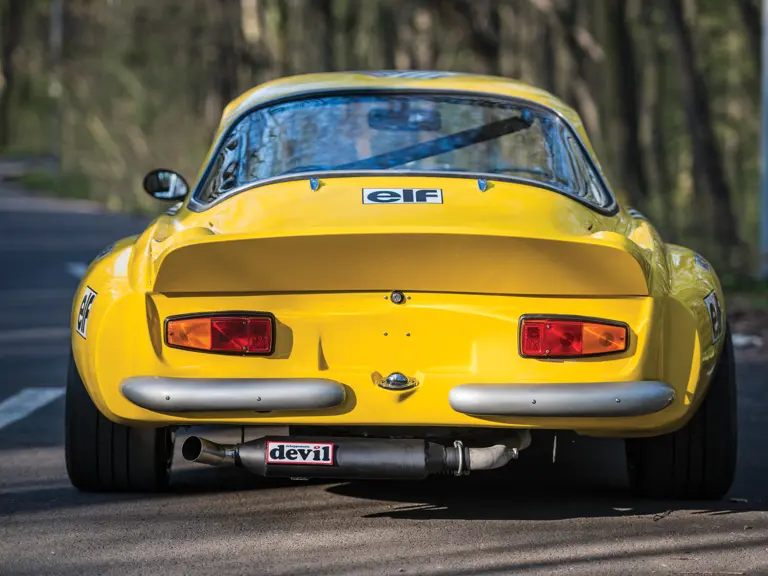
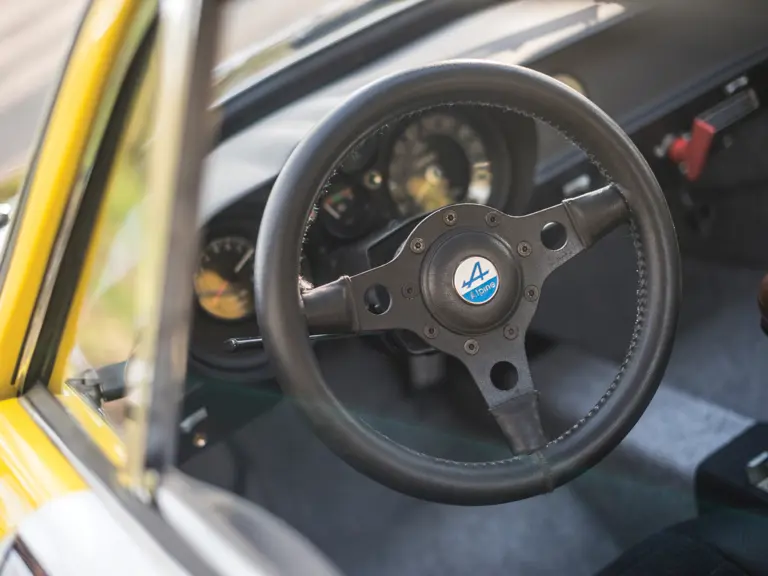
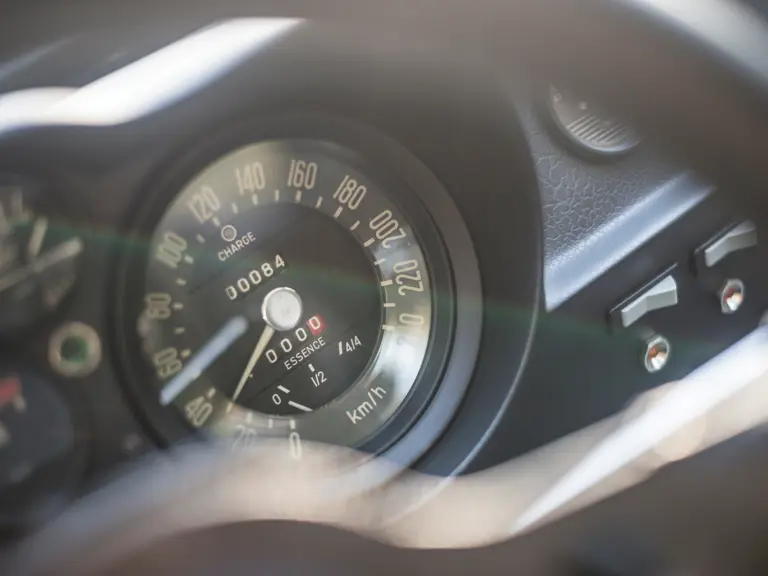
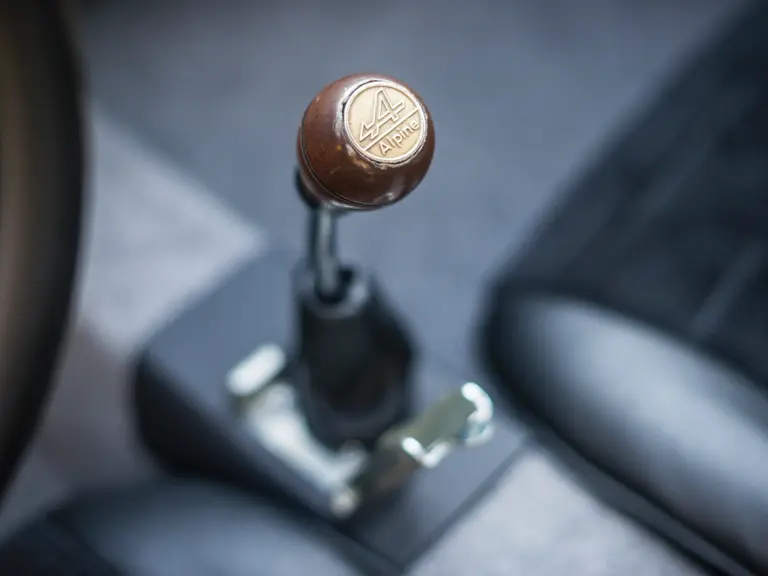
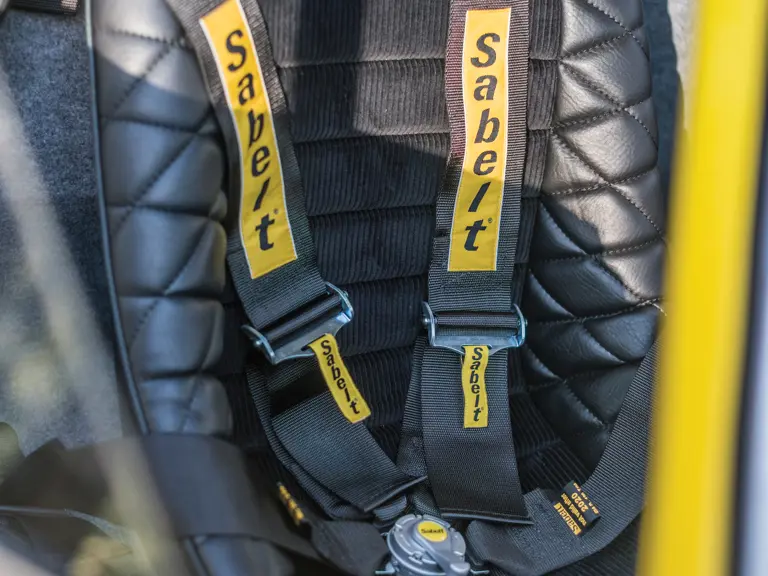
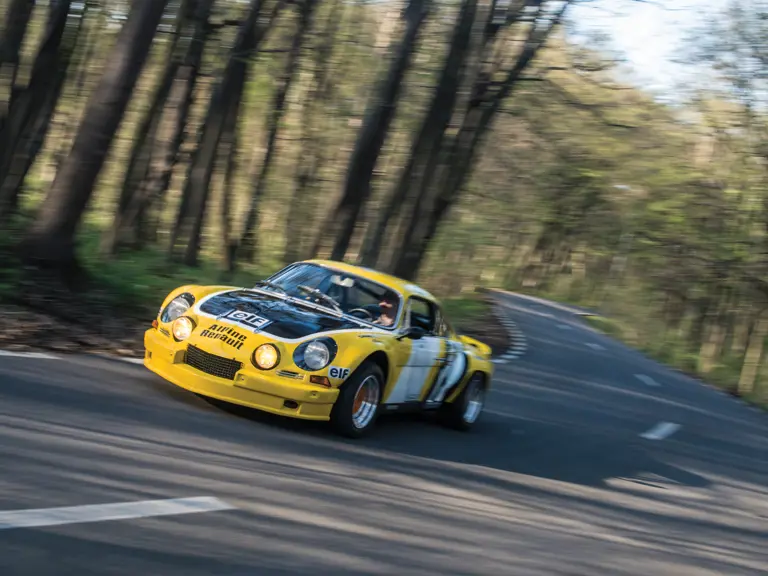
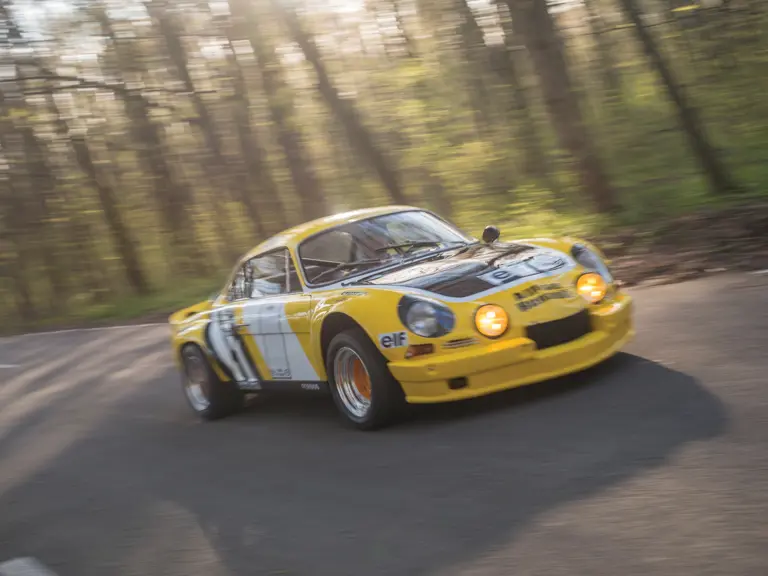
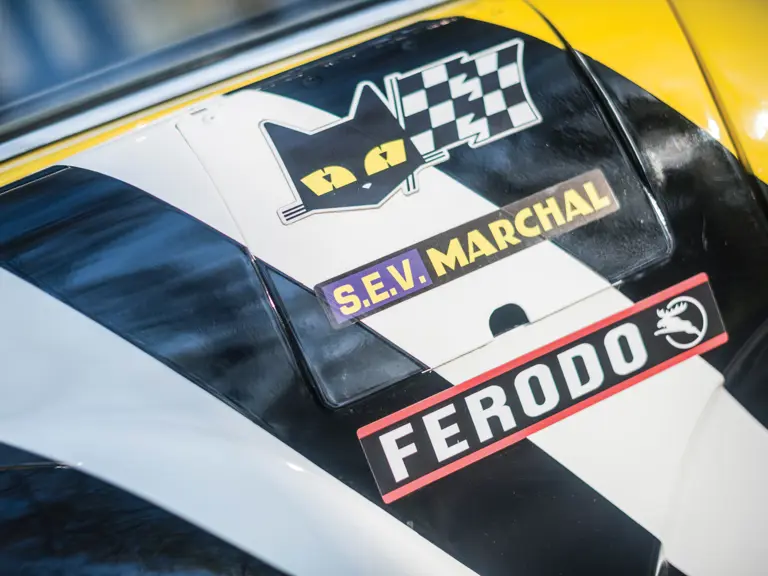
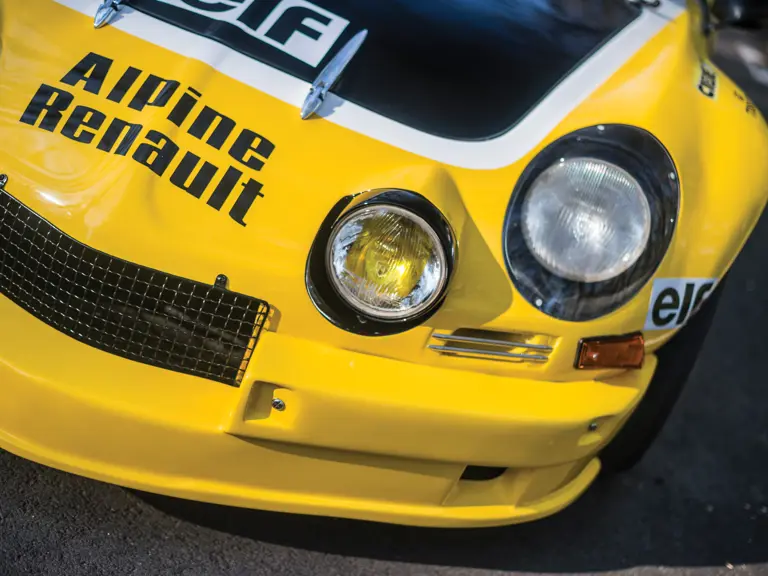
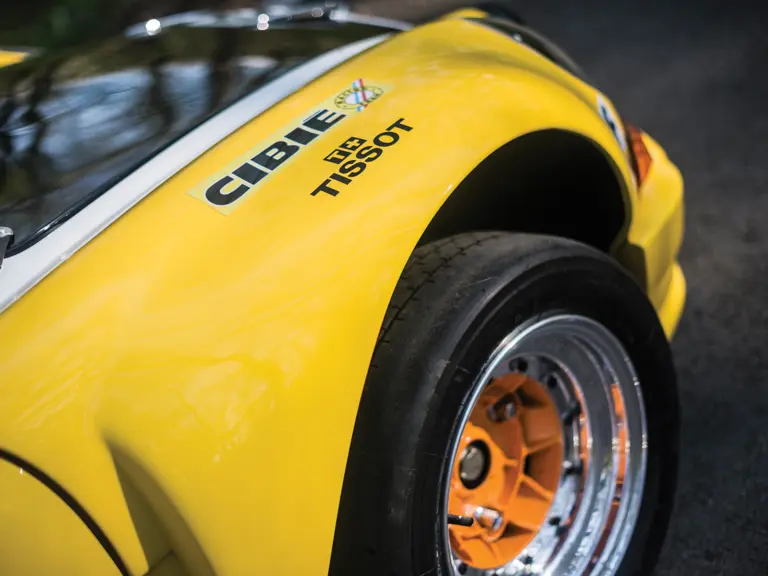
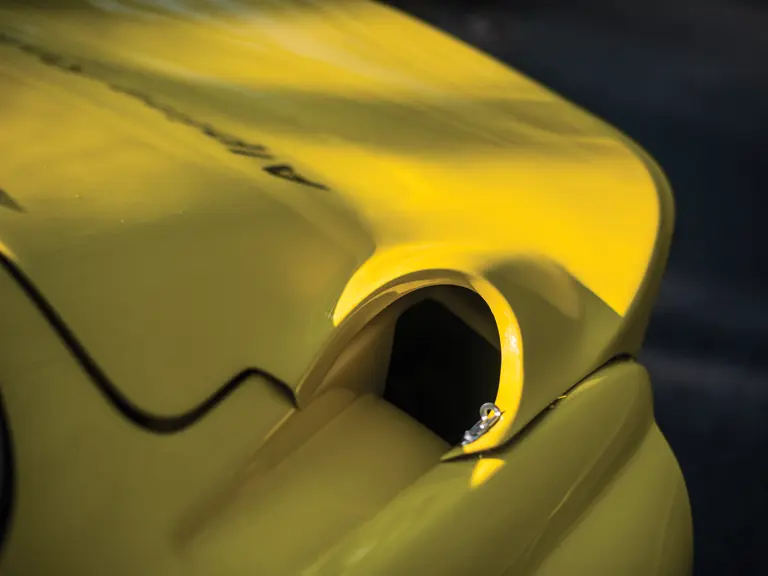
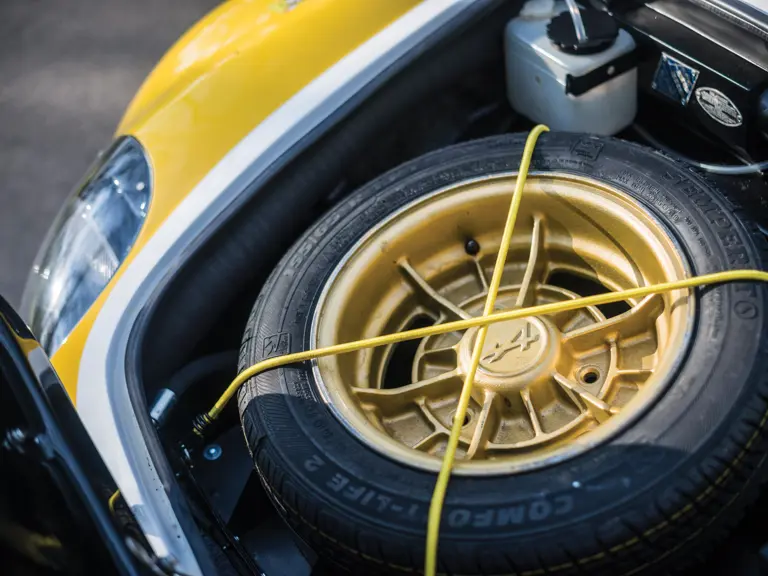
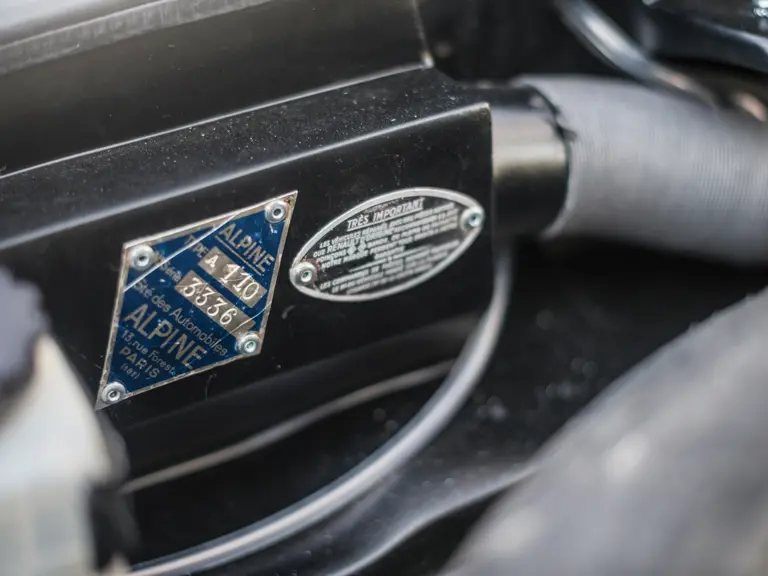
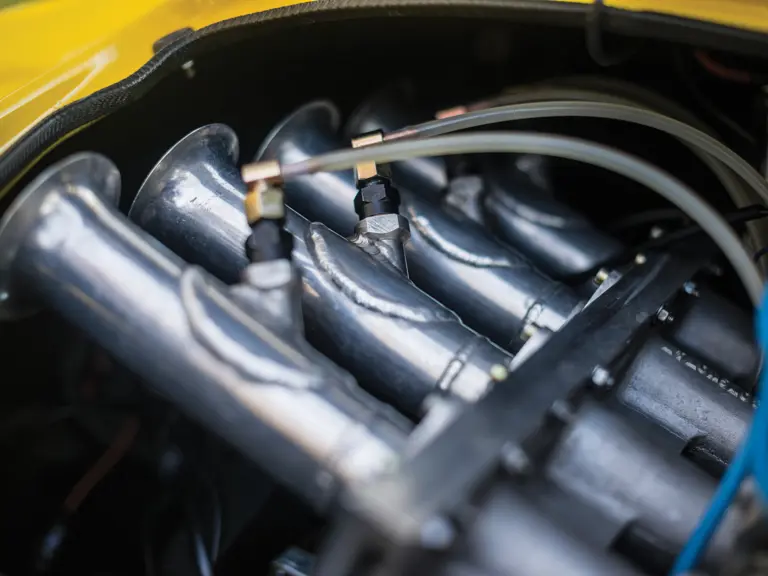
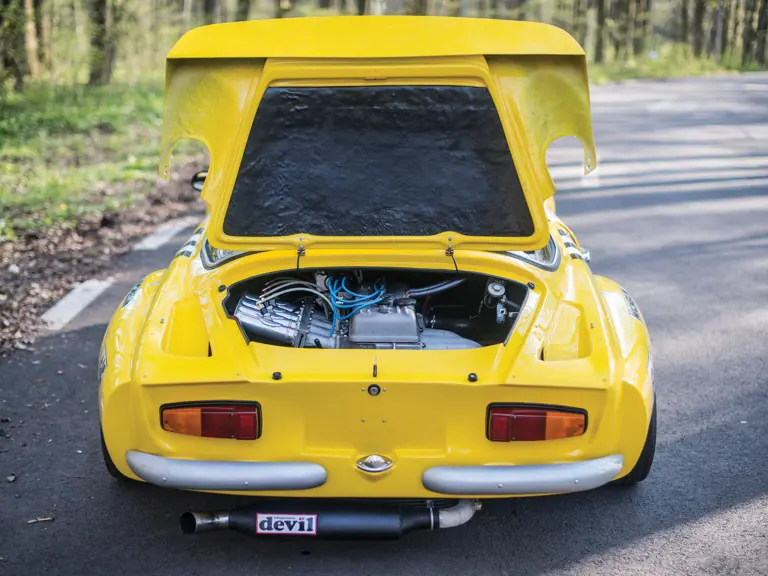
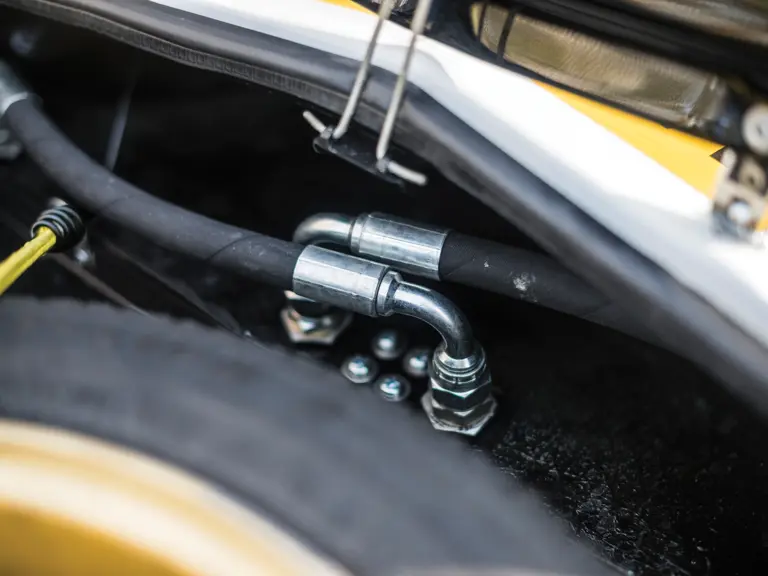
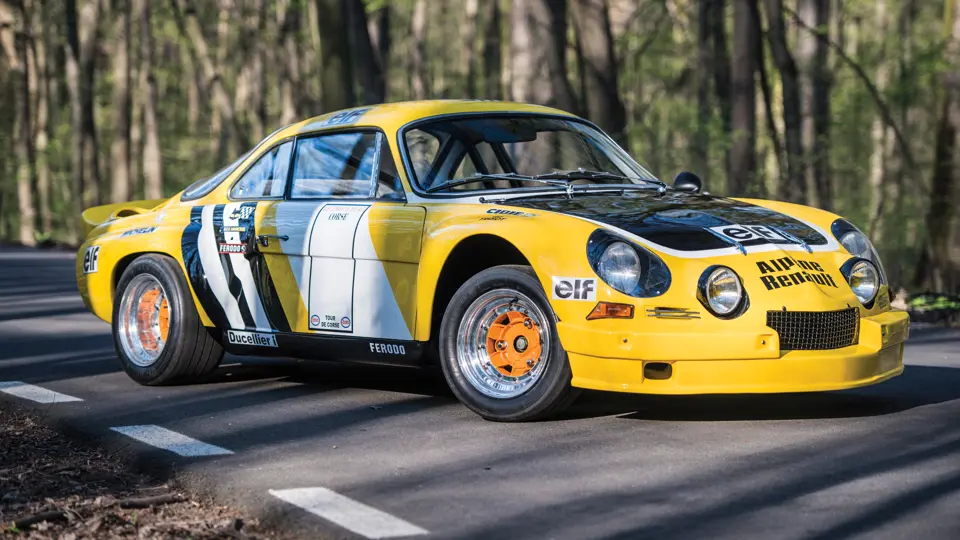
 | Monte Carlo, Monaco
| Monte Carlo, Monaco
